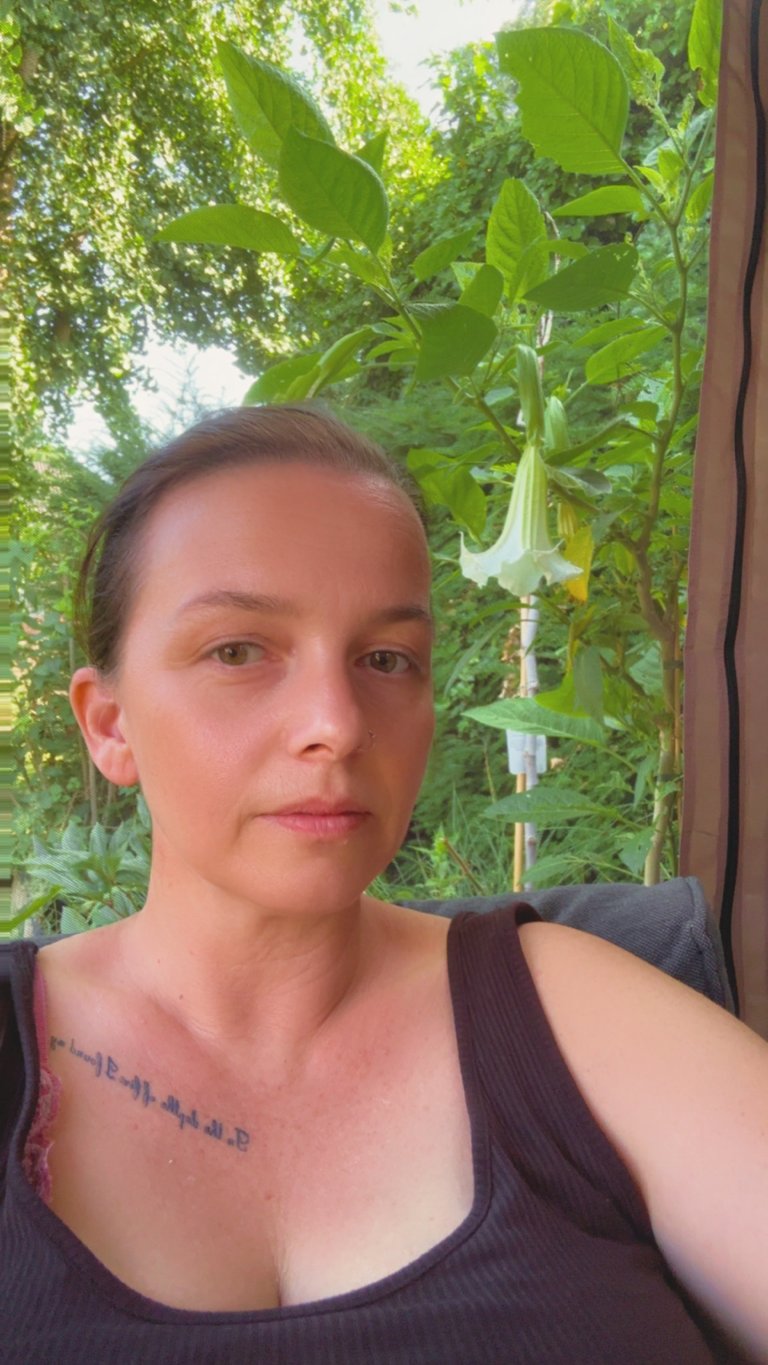
I still catch myself reaching for my phone to call her. We used to talk every single day, sometimes just a few minutes, sometimes an hour. She died of breast cancer months ago, but my thumb still hovers over her name in my contacts like nothing happened.
And then there’s my mom. She’s been gone for years, but every time I smell lavender, her scent, I feel her right next to me. Just for a second.
If that sounds familiar, you’re not broken. You’re just wired like a human. And your brain has a little something to do with it.
Your brain is a creature of habit (just like you)
Our brains are like old dogs who’ve learned very specific tricks. Over time, you build what scientists call neural pathways, essentially little well-worn roads in your brain that connect all the signals tied to a person.
Those daily phone calls with my friend? Pathways. That lavender perfume bottle tucked in my bathroom? Pathway. Even hearing a laugh that sounds almost like hers on the bus? Yep. Pathway.
Your brain loves efficiency. So when someone you love is gone, your brain doesn’t just hit delete. It keeps sending signals down those same old roads for a while, expecting them to still be there. That’s why you keep reaching for the phone. Or setting an extra plate. Or smiling at the scent of lavender before you remember.
Those roads don’t close overnight
Imagine you live in a little village and there’s one main road you always take to get to the bakery. One day, the bakery burns down (dark metaphor, but stay with me), and now you have nowhere to go. Do you just instantly stop taking the road? No. You still find yourself halfway down that street before you remember.
Your neurons do the same thing. Those connections don’t vanish just because reality changed. They fade over time, but only after your brain learns new patterns to replace the old ones.
It’s not weakness, it’s wiring
We humans love to beat ourselves up when we don’t “get over” something fast enough. But grief isn’t about being weak or dramatic. It’s literally your brain doing what it’s supposed to do. Those pathways you built were an act of love and connection. And now your neurons need time (and a little rewiring) to learn that things have changed.
So when you catch yourself about to call her or you pause to sniff the lavender candle on the shelf… smile a little. That’s your beautiful, loyal brain showing you how much they mattered.
What you can do in the meantime
You don’t have to sit around waiting for the pathways to fade. You can help your brain build new ones.
• Create new routines. Take a different road, try a new breakfast spot, move the furniture around. Anything that tells your brain: “Hey, we’re making some changes here.”
• Talk about them. Talking helps you process, but it also starts rerouting the emotional signals away from that old loop of longing.
• Be patient with yourself. If your brain still sends you down that old road sometimes, just gently turn it around. No shame.
Wrapping up with a smile
Grief can feel like your brain is betraying you by keeping the ghost of someone alive in every corner of your mind. But the truth is, it’s just proof of how deeply those pathways were carved by love, time, and connection.
Eventually, your neurons will catch up to your new reality. In the meantime, keep being kind to yourself. And if you accidentally dial her number tonight? Just wink at your brain and say: Thanks for remembering.
I'm happy those pathways remain. I treasure the memories and never mind being taken back there.❤️
Let's create some new pathways in Aachen 🍺😎 , with a nice photowalk between the speeches .
This is why we should always tell people how we feel about them. We will never get the chance when they're gone, and we'll never know what elements of the world will remind us of them.
You gained a new follower from this post. I love this thoughtful, deep sort of thinking.
I'm grateful that I got to read it! :)
🥰🥰